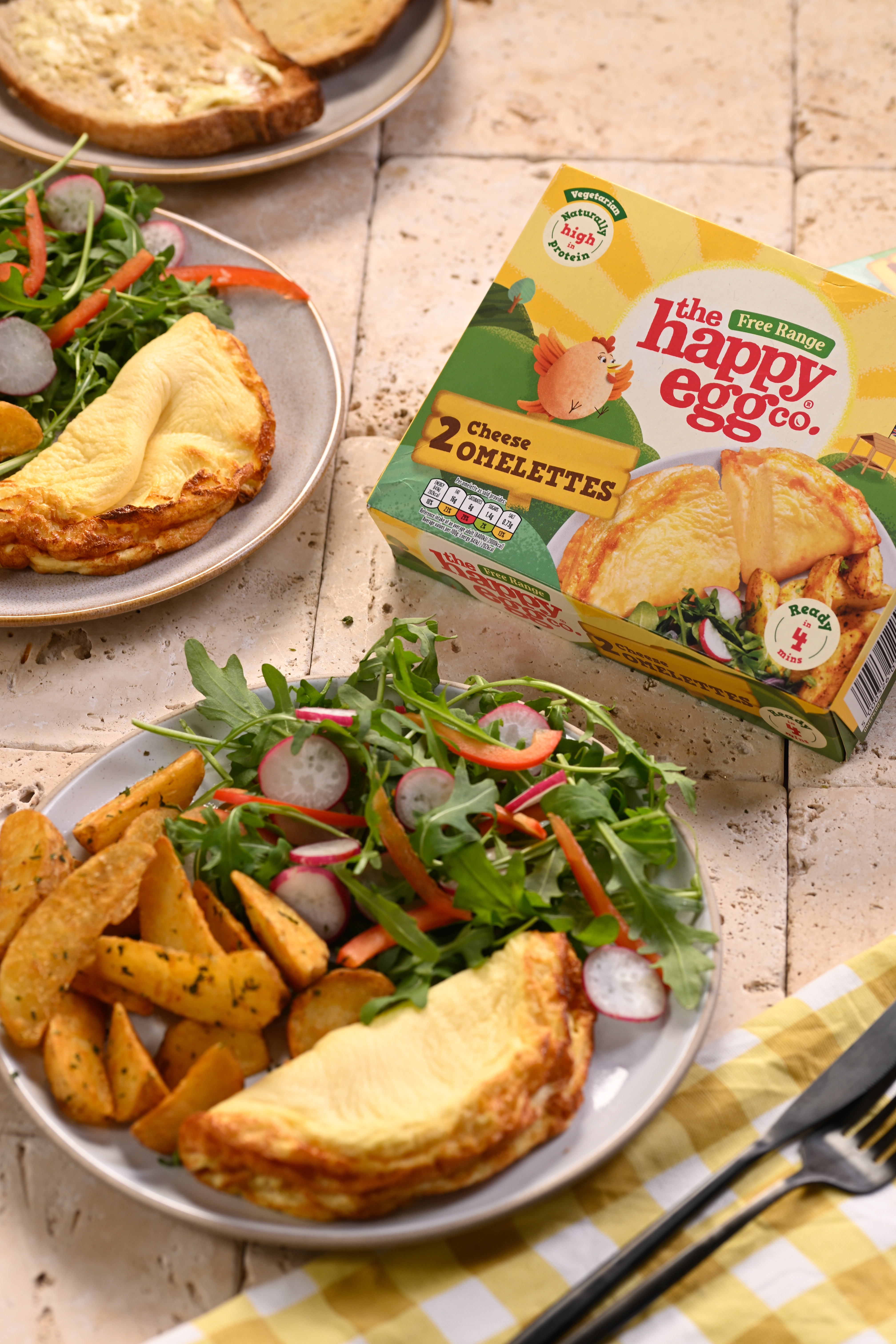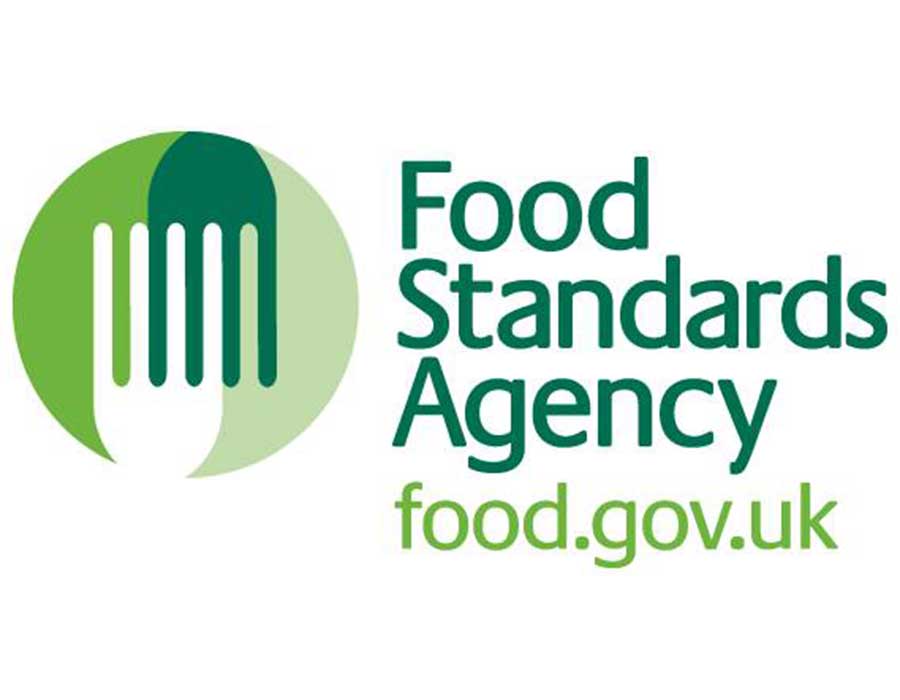NOBLE FOODS PARTNERS WITH STARFROST TO LAUNCH VALUE-ADDED CONVENIENCE FOOD PRODUCTS USING HIGH PERFORMANCE FREEZING TECHNOLOGY
The pre-prepared foods market is experiencing rapid growth, driven by consumer demand for quick, nutritious meals. Recognising this shift, Noble Foods—best known for its flagship brand, the happy egg co.—has partnered with Starfrost, a leading innovator in cooling technology, to launch a new range of value-added, ready-to-cook omelettes.
Central to this collaboration are two of Starfrost’s state-of-the-art Helix Spiral Freezers, which are enabling Noble Foods to launch a new production line efficiently while maintaining the highest standards of product quality and consistency.
We spoke with Pete Robertson, Project and Engineering Manager at Noble Foods, to discuss the company’s move into convenience foods and the role Starfrost’s technology is playing in their expansion.
Noble Foods is known for its popular brand, the happy egg co. Can you tell us about your new venture and why you decided to move into the value-added convenience sector?
“We’ve always taken pride in delivering high-quality, egg products, and we’re seeing increasing demand for more convenient, nutritious and protein-rich options that suit today’s fast-paced lifestyles. Moving into the pre-prepared food space was a natural progression. Here at our new innovation and manufacturing site, our first products off the production line are frozen omelettes by the happy egg co., which is part of our new value-added pipeline.”
What led you to choose Starfrost’s Helix Spiral Freezer, and how did you select the right solution?
“We hadn’t used automated freezing or chilling systems before, so we wanted to pursue the best options for our ambition. We knew we needed a system that would give us flexibility, reliability and efficiency. We found Starfrost to be a trusted name in the industry. Their equipment stood out for its durability, ease of use and the company’s commitment to long-term relationships and aftercare. That was crucial for us. The Helix Spiral Freezer ticked all the boxes.”
You explored liquid nitrogen freezing—why did you ultimately opt for mechanical freezing?
“We considered liquid nitrogen initially, but the costs and supply logistics made it less viable. Cryogenic freezing comes with volatile pricing and complex transport considerations, whereas mechanical freezing offered more stability and lower long-term costs. After in-depth discussions with Starfrost, we were confident their mechanical freezing systems could achieve the same high-quality results with greater consistency.”
How has the spiral freezer benefited you in terms of consistency and production scalability?
“The biggest win has been consistency. The freezing process is extremely reliable, which ensures our product quality remains high. From an engineering standpoint, the system is intuitive and straightforward to operate, and it performs well under different production conditions. It’s also versatile—we can seamlessly switch between products or recipes, which gives us the flexibility we need as our added-value businesses grows.”
What’s next for Noble Foods and the happy egg co. brand?
“This partnership with Starfrost is just the beginning. As our business grows, we’ll need equipment that evolves with us. Starfrost’s freezer systems provide that scalability. The Helix Spiral Freezer is future-proof—designed to handle greater capacity and accommodate alternative products as production ramps up. We’re excited for what the future holds, knowing we have Starfrost’s ongoing support.”
Future-Proof Freezing
Starfrost’s Helix Spiral Freezers provide Noble Foods with the capacity, consistency, and flexibility required to scale and diversify, enabling the food manufacturer to meet growing demand—efficiently and reliably.

























